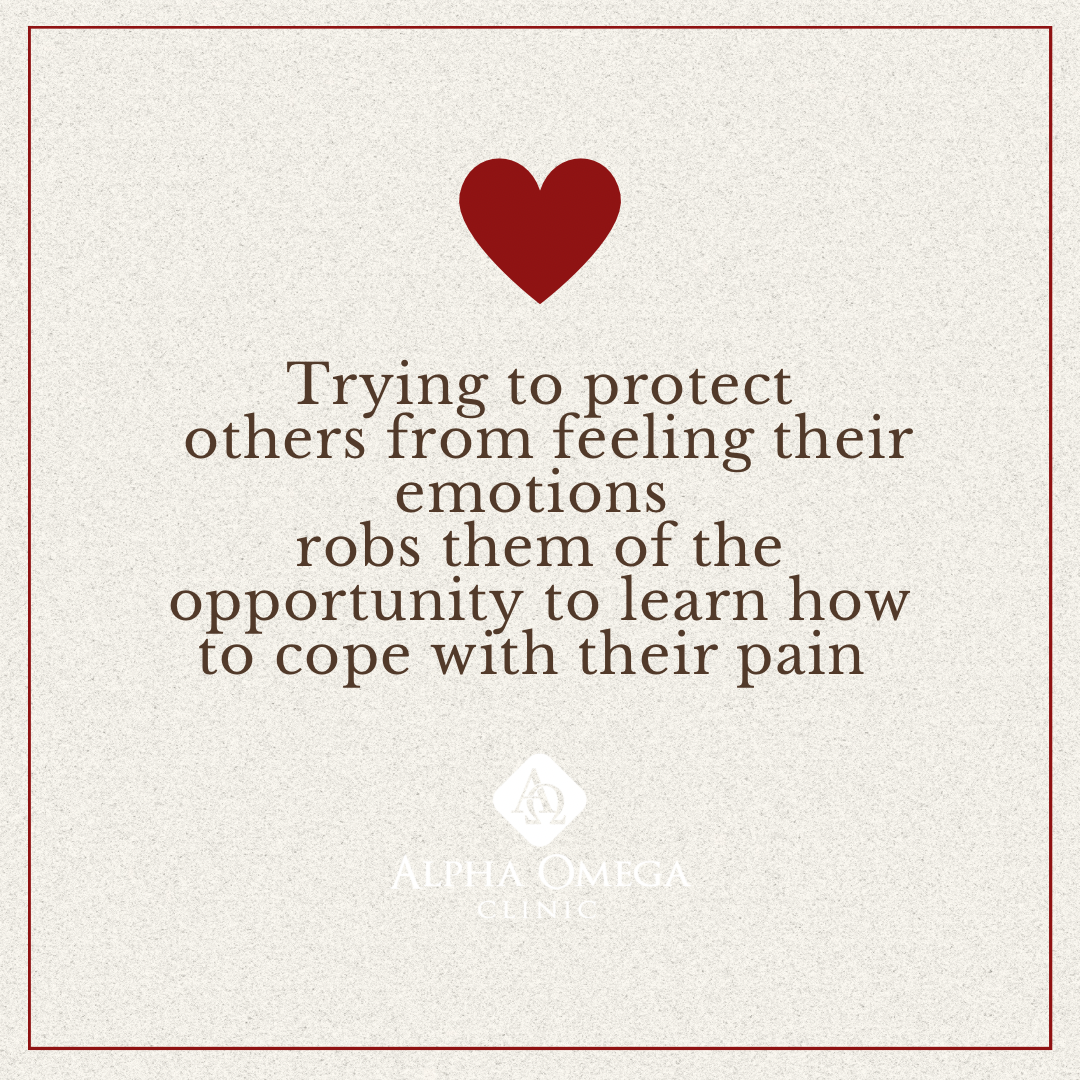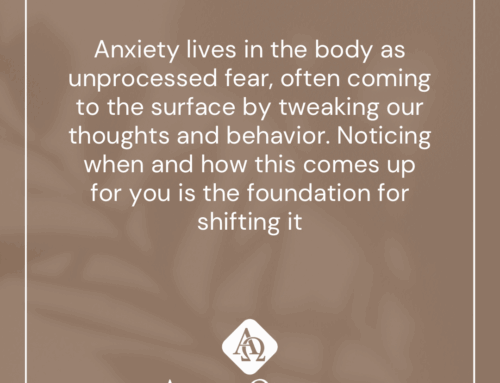In our well-intentioned efforts to help those we care about, we may inadvertently prevent them from growing. While it is completely understandable to want to limit or prevent human suffering, we must be careful about how we seek to do this. The best defense against emotional distress is connection, not prevention.
When it comes to emotions, building resilience is a process of learning to move through distress with others and then by ourselves. Connection allows us to be able to cope with hard things. Depending on how we were raised, this emotional resilience may or may not have been instilled in us by our parents. If they were there with us in our tough feelings, helping us face them, then we will have developed the ability to cope with hard stuff. This is what it means to learn self regulation through coregulation.
If we didn’t have help moving through tough emotions, we may have adapted an auto-regulation that help us avoid or disconnect from the hard stuff (through no fault of our own!). In this case, we may need to work together with our loved ones to install that confidence in the here and now. Coregulation is still the most effective tool but will look different depending on who we’re working with.
Next time an emotion comes alive, try coming alongside your loved one (child, partner, family member). Pause your push to prevent their emotion (hint: this may be your auto-regulation strategy coming online) and allow space for it to exist. Validate their emotion (“that makes sense”) and invite them to share more about what it’s like to go through that.
Want more ways to receive our content? Follow us on Instagram or Facebook or subscribe to our e-newsletter!
* The information provided is for self-enrichment and not intended to replace any necessary mental health treatment.
Warmly,
Jonathan Dixon, LMFT
Alpha Omega Team





